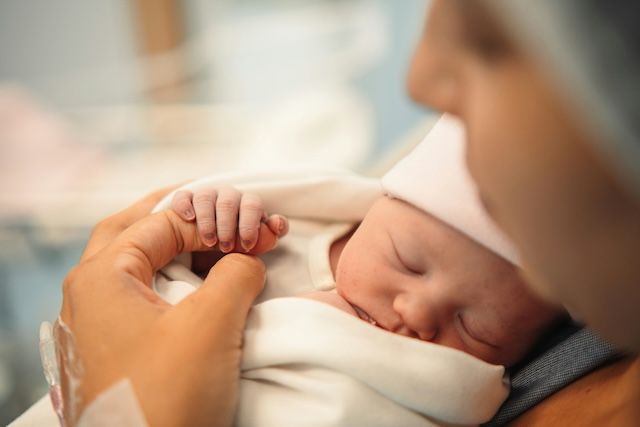Maternity Care Crisis in America: The Erosion of Obstetric Services and its Consequences
Recent data reveals a growing maternal health crisis in the U.S., with millions living in "maternity deserts" and alarming hikes in pregnancy-related deaths.
The state of maternal health care in the United States has recently been brought to the forefront due to alarming reports about the so-called "maternity deserts." These deserts, areas lacking access to obstetric care services, paint a grim picture of the deteriorating state of maternity care in the country. The very fabric of this crisis lies in the alarming figures, policy discrepancies, and systemic disparities in healthcare.
The August 2023 March of Dimes report delineates that a significant number of American women live in counties classified as maternity deserts. The figures are staggering: a 14% increase in pregnancy-related deaths from 2019 to 2020 and a 31% hike from 2018 to 2020. Moreover, as of August 2023, over 5.6 million women live in areas with insufficient or no access to maternity care services, up from 2.2 million in 2022.
 Photo by raghavendra-v-konkathi
Photo by raghavendra-v-konkathi
March of Dimes President and CEO, Dr. Elizabeth Cherot, highlighted the discouraging statistics and the subsequent apathy from concerned stakeholders. The fundamental narrative underscores the plight of mothers and babies, whose well-being seems to be compromised in these regions.
The Dobbs decision amplified the debate around reproductive healthcare access. The narrative post-COVID-19 is even more disheartening, with many hospitals closing doors and thereby worsening the scenario. The case of the Biglefthand family from Wyoming underscores this point. Living almost two hours from the nearest birthing facility, Vania Biglefthand's third pregnancy complications further revealed the challenges faced by families in these maternity deserts.
But it's not just about access; it's about the quality and kind of care women receive. Disparities become evident, especially among non-Hispanic Black women who face a mortality rate three times higher than their non-Hispanic white counterparts. Experts like Tonya Lewis Lee attribute this discrepancy to longstanding inequalities and biases in the American healthcare system.
Yet, amidst the concerning data, some potential solutions emerge. March of Dimes has proposed strategies to mitigate these issues. Among them is the idea of expanding the role of midwives in the maternity care process. This expansion could arguably lead to better patient outcomes and reduce mortality rates. Lewis Lee, an advocate for women and infant health, emphasizes the crucial role of midwifery care. Strikingly, the U.S. remains the only industrialized nation not to have fully integrated midwifery into its health care system.
The role of midwives has been marginalized since the mid-20th century due to the increased professionalization of obstetrics. Yet, when empowered to perform to the best of their abilities, certified midwives can significantly enhance the birthing experience by providing physical, emotional, and relationship-based care.
Supporting the case for midwifery is a Commonwealth Fund report suggesting that a fully integrated midwife workforce worldwide could avert a large percentage of maternal and neonatal deaths. Such insights make it imperative to broaden the dialogue about maternal care in the U.S.
However, to implement these changes, it's essential to overcome policy and insurance barriers. Due to inequitable insurance compensations, midwives are often paid less for the same procedures as doctors. This pay disparity makes hiring midwives less appealing for hospitals.
The March of Dimes report further recommends improving the Affordable Care Act marketplace, bolstering Perinatal Quality Collaboratives, and enhancing access to doula services. Through its Innovation Fund launched in September 2022, the organization aims to address and counter the challenges of maternity deserts and high maternal mortality rates.
In the words of Lewis Lee, solving the maternal health issue in the U.S. requires "education, innovation, and prioritizing women and their birthing needs."
The severity of the maternity care crisis in the U.S. is evident. However, with concerted effort, advocacy, and policy changes, there's hope to restore the dignity and security of maternity care for all American women.
Source: Forbes





